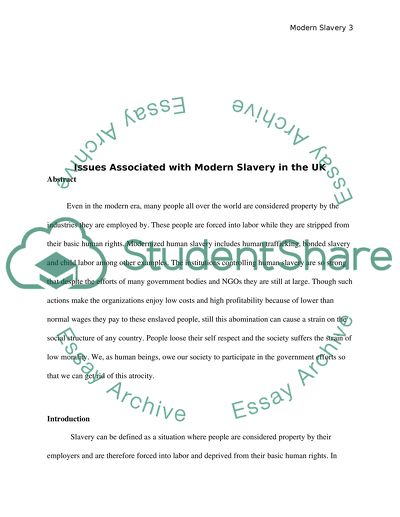Cite this document
(Issues Associated with Modern Slavery in the United Kingdom Coursework, n.d.)
Issues Associated with Modern Slavery in the United Kingdom Coursework. Retrieved from https://studentshare.org/social-science/1440702-issues-associated-with-modern-slavery-in-the-uk
Issues Associated with Modern Slavery in the United Kingdom Coursework. Retrieved from https://studentshare.org/social-science/1440702-issues-associated-with-modern-slavery-in-the-uk
(Issues Associated With Modern Slavery in the United Kingdom Coursework)
Issues Associated With Modern Slavery in the United Kingdom Coursework. https://studentshare.org/social-science/1440702-issues-associated-with-modern-slavery-in-the-uk.
Issues Associated With Modern Slavery in the United Kingdom Coursework. https://studentshare.org/social-science/1440702-issues-associated-with-modern-slavery-in-the-uk.
“Issues Associated With Modern Slavery in the United Kingdom Coursework”, n.d. https://studentshare.org/social-science/1440702-issues-associated-with-modern-slavery-in-the-uk.


